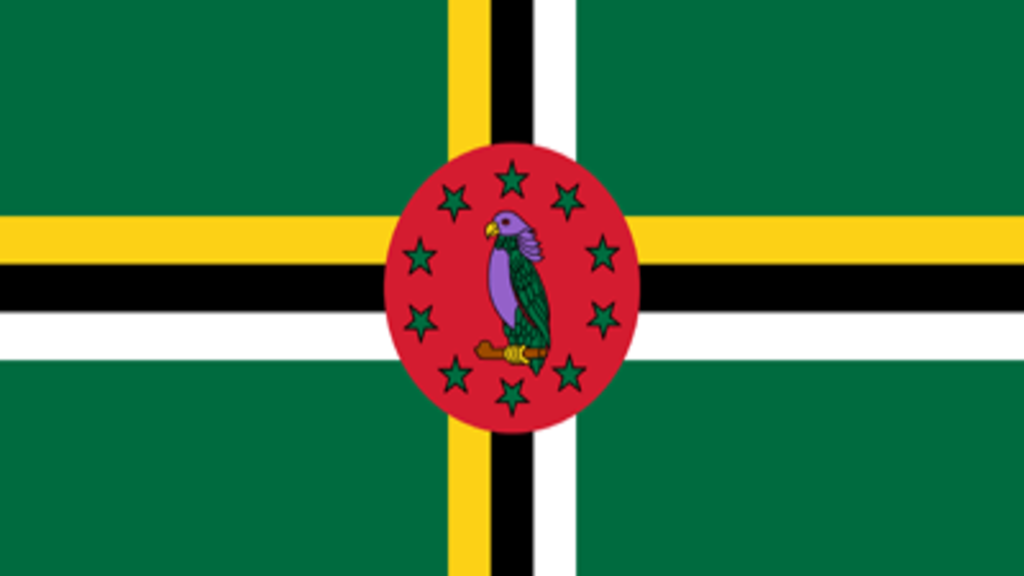The Inter-American Commission on Human Rights (IACHR) is calling on all Caribbean countries that still maintain forms of criminalisation that interfere in aspects related to the private lives of individuals to repeal such laws that facilitate their persecution.
“In addition, the States of the region are urged to continue advancing the social inclusion and real equality of LGBTI people. The IACHR reaffirms its commitment to States and Civil Society Organisations to assist in the processes to create a legal framework that protects LGBTI persons from all forms of violence and discrimination,” IACHR said in a statement.
The IACHR called on all regional states to repeal legislation “that facilitate the persecution of LGBTI persons in any form and that encourage acts of violence due to prejudice and discrimination”.
Section 14 of the Sexual Offences Act is a sweeping law criminalising gross indecency which is defined as any act (other than penile-vaginal sex) by anyone “involving the use of the genital organs, breast or anus to arouse or gratifying sexual desire”.
The maximum penalty is 12 years in prison, if the act is committed with a person aged 16 or older.
Section 16 of the act criminalises buggery, which the act defines as anal sex between two men or between a man and a woman. The maximum penalty is 10 years imprisonment plus the possibility of forced psychiatric confinement.
Last month, in a 40-page ruling, Justice Cenac-Phulgence agreed that the two sections contravened Sections 1 and 10 of the Dominica Constitution and persons’ rights to liberty as enshrined in the Constitution.
The IACHR, which is an autonomous body of the Organisation of American States (OAS), said legislative provisions that criminalize private consensual same-sex relations are against international human rights standards, as they violate human dignity, privacy, and freedom of expression.
“It is also worth noting that the Dominica High Court in its decision highlights international and Inter-American standards which stipulate that laws criminalising consensual intimate relations between persons of the same sex are against the principles of equality and non-discrimination in the American Convention.”
The IACHR said with “this landmark decision, Dominica has aligned itself with other nations whose courts have struck down criminalisation provisions as human rights violations”.
It said most Caribbean Community (CARICOM) countries now comply with Inter-American standards on decriminalisation.
The IACHR has noted that even when these laws are not enforced, they have a negative impact on society, “as they foster prejudice, encourage acts of violence, and enable a culture of impunity”.
In 2020, the IACHR emphasised that such criminal prohibitions interfere in aspects related to the private lives of individuals on the basis of a protected category of the American Convention without reasonable justification, in violation of human rights standards.
“Furthermore, they constitute barriers for persons with non-normative sexual orientations and gender identities to access other rights, such as freedom of association, freedom of expression, health, employment, access to justice, among others.”
The lawsuit in Dominica was brought by an un-named “gay individual” identified only as “BG” against the Attorney General, the Bishop of Roseau, The Methodist Church and the Anglican Church.
The Dominica Association of Evangelical Churches was listed as an interested party.
Crédito: Link de origem




